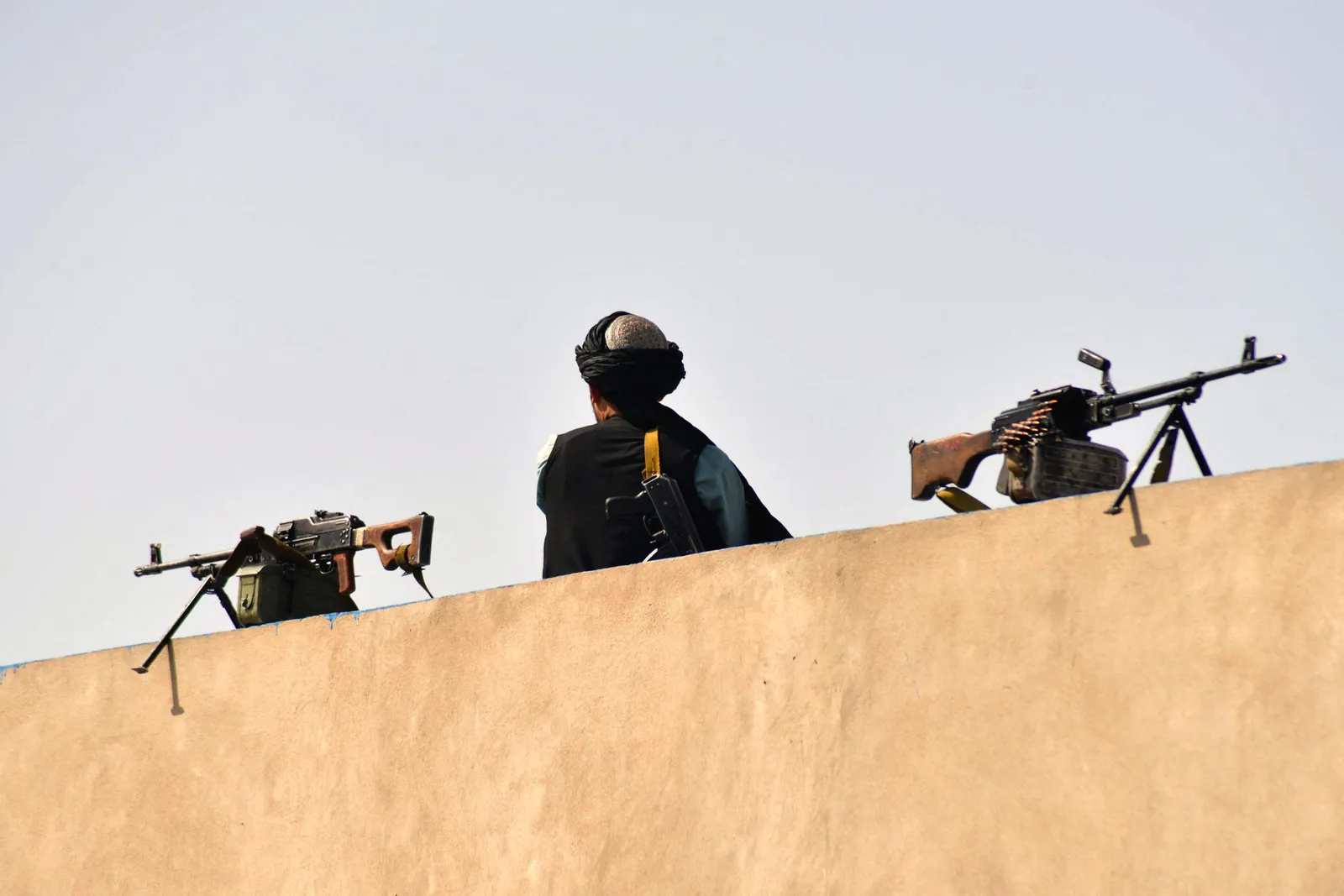The Taliban and Their Role in Terrorism
A Comprehensive Overview (October 2025)
Introduction
The Taliban, an Islamist militant group originating in Afghanistan, has played a significant role in terrorism since its formation in 1994. While initially focused on imposing strict Sharia law domestically, the Taliban has provided safe havens for international terrorist organizations, supported cross-border militancy, and engaged in attacks that have caused widespread instability. As of October 2025, under their second regime (since 2021), the Taliban remains designated as a Foreign Terrorist Organization (FTO) by the United States, and their governance continues to enable terrorist activities despite public denials. This overview examines their historical and current role in terrorism, based on recent reports and analyses.[0]
Origins and Early Role in Terrorism (1994–2001)
The Taliban emerged in 1994 amid Afghanistan's civil war, led by Mullah Muhammad Omar, and seized power in 1996, establishing the Islamic Emirate. They imposed a harsh interpretation of Islamic law, severely restricting women's rights and suppressing opposition. During this period, the Taliban provided sanctuary to terrorist groups like Al-Qaeda, led by Osama bin Laden, allowing them to plan attacks such as the 1998 U.S. embassy bombings in Kenya and Tanzania (killing 224) and the September 11, 2001, attacks (killing nearly 3,000). The Taliban refused to extradite bin Laden, leading to the U.S.-led invasion in 2001 that toppled their regime.[2][6]
Insurgency and Support for Terrorism (2001–2021)
After their ouster, the Taliban launched an insurgency against the U.S.-backed Afghan government and international forces, using guerrilla tactics, suicide bombings, and attacks on civilians. They sheltered Al-Qaeda and affiliated groups, facilitating terrorism beyond Afghanistan. Key attacks linked to the Taliban include the 2008 Mumbai attacks (166 deaths, carried out by Lashkar-e-Taiba with alleged Taliban ties) and the 2014 Peshawar school attack (149 deaths, claimed by Tehrik-i-Taliban Pakistan or TTP, an ally). The Taliban also supported TTP, providing financial and logistical aid for cross-border attacks on Pakistan. The 2020 U.S.-Taliban agreement required the Taliban to sever ties with terrorist groups, but evidence shows non-compliance, including ongoing support for Al-Qaeda and ISIS-K (Islamic State-Khorasan Province).[33][12]
Return to Power and Ongoing Role (2021–2025)
Since regaining control in August 2021, the Taliban has denied involvement in international terrorism, claiming "Afghanistan’s soil will not be used against the security of any other country." However, UN and U.S. reports indicate they continue to provide safe havens for Al-Qaeda, ISIS-K, and TTP, enabling attacks. ISIS-K has launched operations from Afghanistan, while Al-Qaeda's presence remains unchanged, with training camps and safe houses. The Taliban is actively combating ISIS-K, but their rivalry does not eliminate the threat.[31][7]
The Taliban supports TTP in attacks against Pakistan, providing sanctuary and allowing operations from Afghan soil, leading to over 600 TTP attacks in Pakistan in the past year and 2,400 deaths of Pakistani security personnel in the first three quarters of 2025. TTP has merged with Baloch separatist groups, broadening support among Baloch, but there is no direct evidence of Taliban support for the Baloch Liberation Army (BLA); collaborations are opportunistic against Pakistan.[33][34]
Regarding claims of Indian support for the Taliban, there is no evidence that India is a "main sponsor" of Taliban terrorist activities. India has historically opposed the Taliban, supporting the Northern Alliance and providing aid to the pre-2021 Afghan government. In 2025, India has upgraded diplomatic ties with the Taliban, reopening its embassy in Kabul and providing humanitarian aid, but this is pragmatic engagement for regional stability and to counter Pakistan-based groups, not sponsorship of terrorism.[35][28]
Conclusion
The Taliban's role in terrorism spans from harboring Al-Qaeda in the 1990s to providing safe havens for groups like TTP in 2025, contributing to regional instability and attacks against Pakistan. While they deny international terrorism involvement, evidence from UN reports and U.S. designations shows ongoing support for militants. Claims of Indian sponsorship lack substantiation; India's engagement is diplomatic, not terrorist backing. The Taliban's governance continues to pose global security risks, with calls for stricter international monitoring.[31][33]
Sources
- Foreign Terrorist Organizations, U.S. State Department
- Taliban in Afghanistan, CFR
- Taliban History, BBC
- Taliban Terrorism Support 2025, U.S. State Department
- Taliban Terrorism Support 2021, CSIS
- Taliban-TTP Merger, Long War Journal
- Taliban-BLA Collaboration, IPCS
- India-Afghanistan Relations 2025, MEA
- India-Taliban Engagement 2025, ORF
